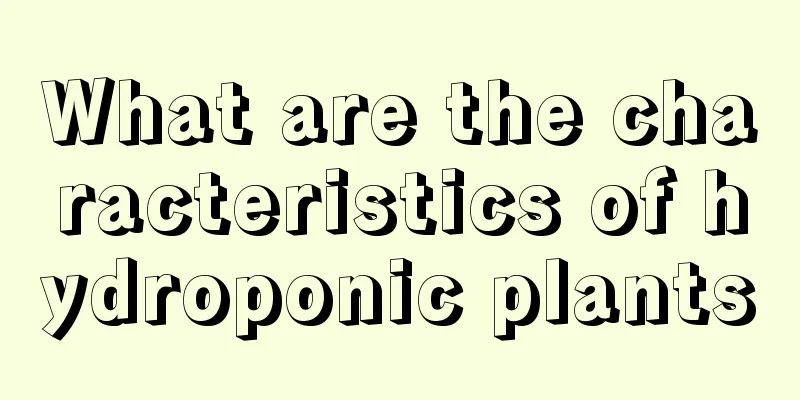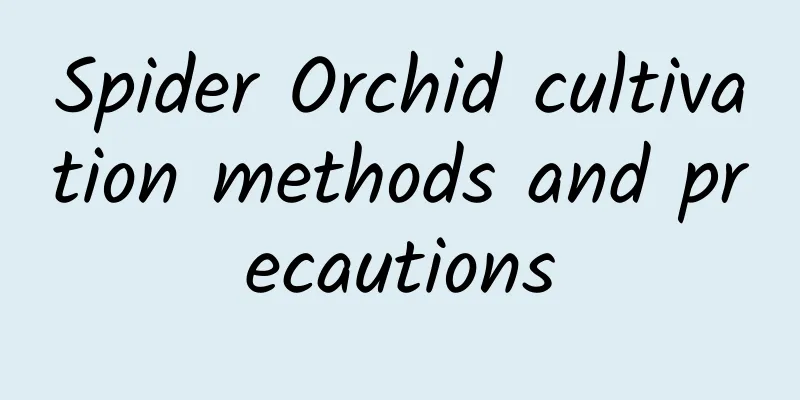What are the characteristics of hydroponic plants

advantageCleanliness and hygieneHydroponic flowers grow in clear and transparent water, without soil and traditional fertilizers. They will not breed viruses, bacteria, mosquitoes, and have no odor. Highly ornamentalHydroponics enables the co-rearing of flowers and fish, with red flowers and green leaves on top, fibrous roots floating below, and fish swimming freely in the water. The three-dimensional planting looks novel and beautiful. Easy maintenanceIt is very simple to grow hydroponic flowers. You only need to change the water once every half a month or a month and add a few drops of nutrient solution. A box of nutrient solution can be used for one to two years. Save time, trouble, money and worry! Convenient for combined cultivationVarious hydroponic flowers can be cultivated in random combinations like fresh flowers, and can grow for a long time to form exquisite works of art. Plants of different colors and flowering periods can also be combined into four-season bonsai. Hydroponic flowers can be planted one by one in a pot like ordinary flowers, or they can be combined into potted works of art. Regulating the climatePlacing hydroponic flowers or hydroponic vegetables in the room can increase the indoor air humidity, regulate the climate, improve mood, and benefit physical and mental health. Disadvantages and limitationsThe hydroponic range is narrowHydroponic flowers mostly choose negative and neutral flowers suitable for indoor cultivation. They have different requirements for light. Plants that are not suitable for hydroponics cannot grow. Most hydroponic plants require long-term induction and domestication before they can adapt to the hydroponic solution environment of soilless cultivation. Easy to rotIn the maintenance process of hydroponic flowers, the most fatal defect is root rot, such as root damage caused by washing, too high or too low temperature, too high nutrient solution concentration, diseases and insect pests, etc. Root rot will cause the water quality to deteriorate and affect the growth of the plant, breed a large number of microorganisms and bacteria, cause contamination of the hydroponic solution and lead to the death of the entire plant. |
<<: How to hydroponically cultivate Guangdong Evergreen
>>: Can the succulent plant Yamato Kinkaku be hydroponically cultivated?
Recommend
The breeding methods and precautions of Hongyun Dangtou
1. Flower soil The lucky charm plant is suitable ...
The reproduction method of Baldcypress
sowing This method is its main way of reproductio...
When is the flowering period? With good care, your orchid will be more beautiful and last longer!
1. When does it bloom? If you have ever raised it...
How to grow pennywort more luxuriantly
Growing conditions of copper coin grass The penny...
Time for trimming the silk
1. Pruning time 1. Spring: The best time to prune...
How to water orchids in winter?
Orchids are loved by flower lovers for their nume...
Can Amaryllis be transplanted in autumn? What season is best for transplanting?
Can Amaryllis be transplanted in autumn? Amarylli...
Can Phalaenopsis be hydroponically cultivated?
1. Reasons Phalaenopsis is a perennial herb that ...
How to care for geraniums in autumn (how to care for large-flowered geraniums in autumn to make them bloom more)
Of course, there are also flower lovers who raise...
How to overwinter fish ponds in the north during winter?
The temperature is relatively low in winter, fish...
The efficacy and function of Astragalus and how to eat it
1. Efficacy and Function 1. It has the effect of ...
What is the symbolic meaning of plum blossoms?
1. Auspicious Since ancient times, my country has...
How often is it best to water Podocarpus?
How often should Podocarpus be watered? Podocarpu...
What to do if scale insects grow on the lucky tree
1. Manual removal If you find that there are not ...
Can tree bark be used to grow flowers? It’s absolutely amazing!
Pine bark Orchid lovers should be familiar with p...









